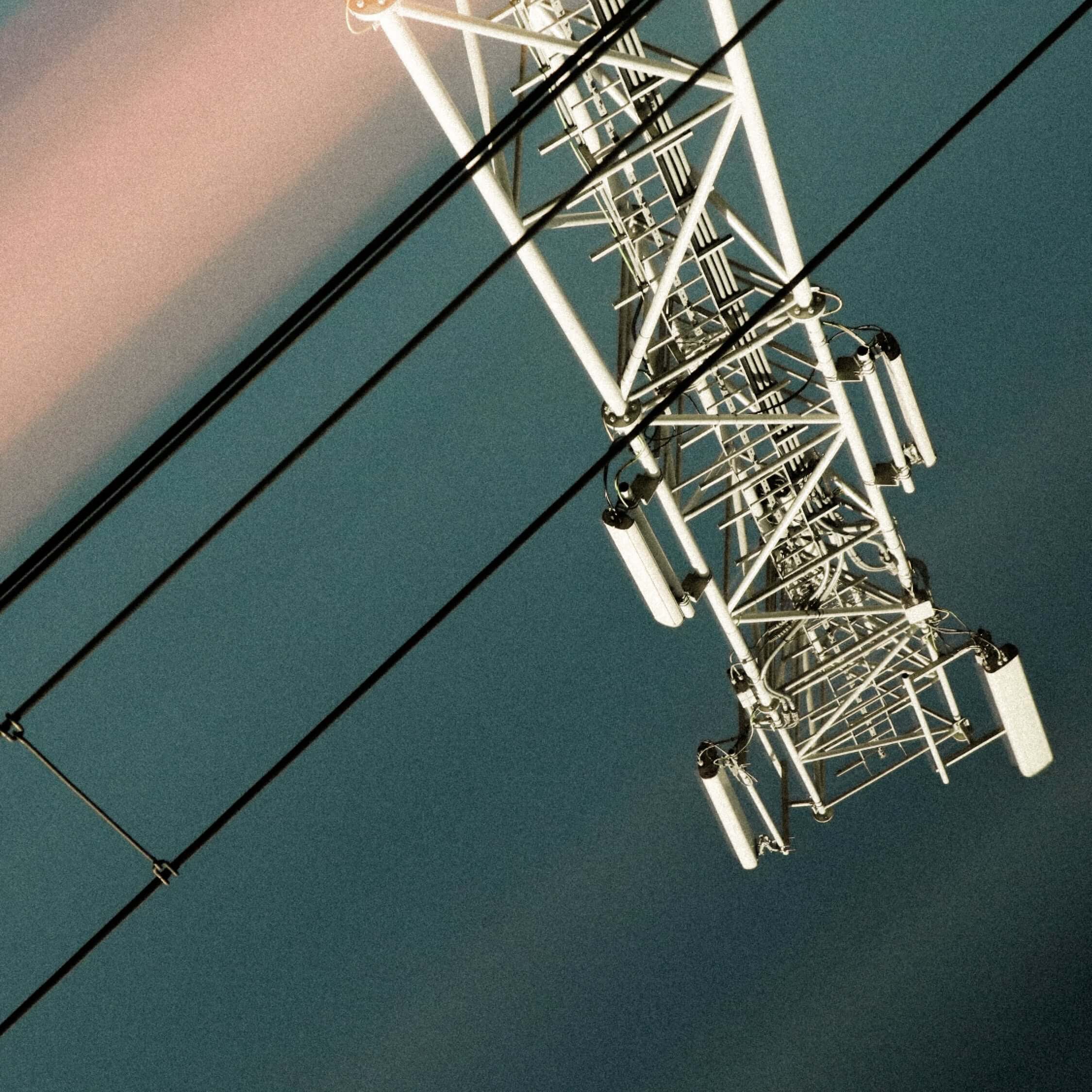Are your devices harming your health?
At the risk of sounding all doom and gloom, there is a lot about our modern lives that isn’t working for us in a positive, health promoting way. Of course there are the things that naturally spring to mind: overly processed diets, too much sugar, lack of sleep, stress and pollution. But there’s also EMFs, and they warrant talking about.
What are EMFs?
EMF stands for Electromagnetic Force, and they come from mobile devices like laptops and phones, WiFi towers, 4G (and worryingly also now 5G) radiation and power lines, to name a few. The naysayers out there will tell you that because there are also naturally occurring EMFs in our environment, that the types emitted from electronic devices aren’t anything to worry about, but I beg to differ. With reported complications (see references below) ranging from increased cancer risk, cellular stress, genetic damages, increase in harmful free radicals, changes in fertility, learning and memory deficits and neurological disorders it’s easy to see why more and more of us are getting more and more concerned about our increased proximity to our devices. Turns out it’s not just the anxiety induced by social media we need to worry about, it’s the actual phone itself.
I recently interviewed Arianne Chui (@ftoxins) for my podcast, STATE OF MIND, and we spoke extensively about EMFs. The crucial take home from this episode was that yes, we’d do well to adapt some of our behaviours (more on that below), but that fundamentally it’s not worth losing sleep over what you can't control because EMFs and radiation aren’t going anywhere - unless you move to a desert island.
There was also a 2007 study by a team of researchers from Imperial College London and the University of Washington’s Department of Environmental and Occupational Health Sciences, that said that measurements in a normal office setting showed that the electrical energies we’re exposed to indoors escalate the risk of infection, stress, and degenerative diseases, and reduce oxygen uptake and activity levels.
“The nature of the electromagnetic environments that most humans are now regularly exposed to has changed dramatically over the past century and often bears little resemblance to those created in Nature”.
It might also be prudent to point out that EMF “safety” standards haven’t been updated since 1996, and are based on short-term exposure to ONE device. Totally at odds with our multiple-device-lives these days, our smart heaters at home, our wireless bluetooth headphones and so on. This seems totally bizarre to me given that 5G is being rolled out in cities all across the world as we speak. The difference between 5G and all the other mobile networks that have come before is that 5G uses higher frequency waves, allowing more devices to have access to the waves at the same time. The World Health Organisation has categorised any radio frequency radiation (eg 5G) as "potentially carcinogenic," so I think we've got grounds to be concerned about it.
So if, like me, you’re keen to do all you can to mitigate against the potentially very harmful risks associated with EMFs, then there’s a few things you can do:
What can you do to avoid EMFs?
1. Grounding. Get outside and get your feet on the ground as much as possible. Man evolved connected to the earth and its naturally protective electromagnetic field via the soles of our feet. These days we live high above the ground (shoes, sofas, begs, high rise flats) so we’ve become disconnected and unprotected.
2. Disable 4G on your phone.
3. Turn your WiFi off at night (and prepare to have the best night’s sleep of your life).
4. Invest in some EMF blocking tech like this mat to sit your laptop on and this beanie hat.
5. Go old school and use a cable to connect your headphones to your phone.
This article was contributed by Grace Kingswell D. N. Med. Nutritional Therapist, Acupuncturist and Breathwork coach. @gracekingswell
References / Further Reading
https://www.sciencedirect.com/science/article/abs/pii/S0013935118303475?via%3Dihub
https://www.ncbi.nlm.nih.gov/pmc/articles/PMC3444040/
https://www.ncbi.nlm.nih.gov/pmc/articles/PMC6025786/
https://www.ncbi.nlm.nih.gov/pmc/articles/PMC3897901/
https://www.ncbi.nlm.nih.gov/pubmed/27601711
https://www.ncbi.nlm.nih.gov/pubmed/27083321

In light of the dangers to our health as outlined above, we here at Presscription think it's all the more necessary to encourage and support your body in detoxifying toxins and chemicals that we may have hanging around in our bodies. If you're feeling like your digestion is off and you're sluggish and lacking in energy, then why not try our weight loss cleanse (above). Bursting with nutrients and designed to give your overworked digestive system a rest, it's a win for January!
 Why Presscription?
Why Presscription? Why Cleanse?
Why Cleanse? Cleansing Tips
Cleansing Tips What's Pressing?
What's Pressing?


